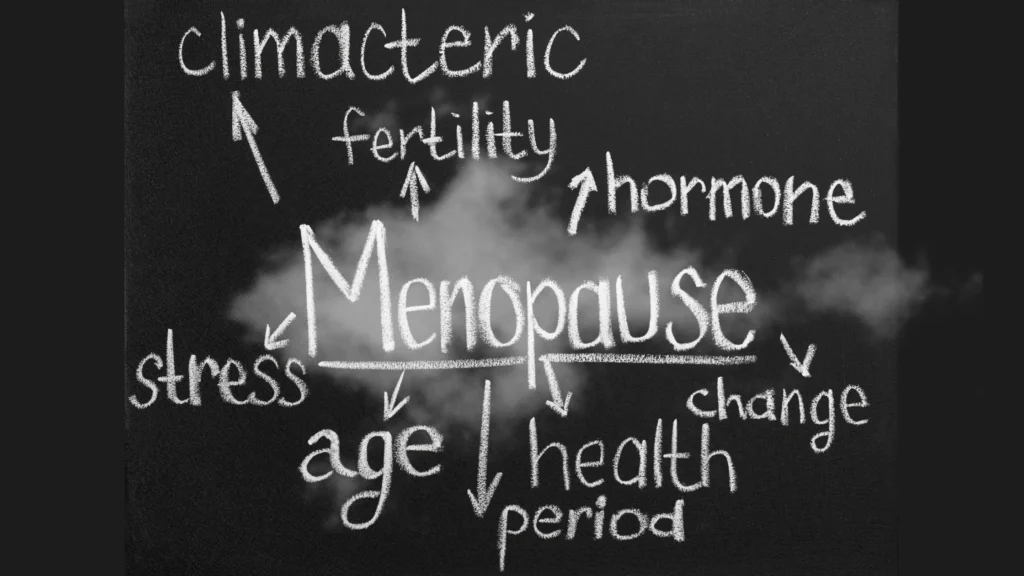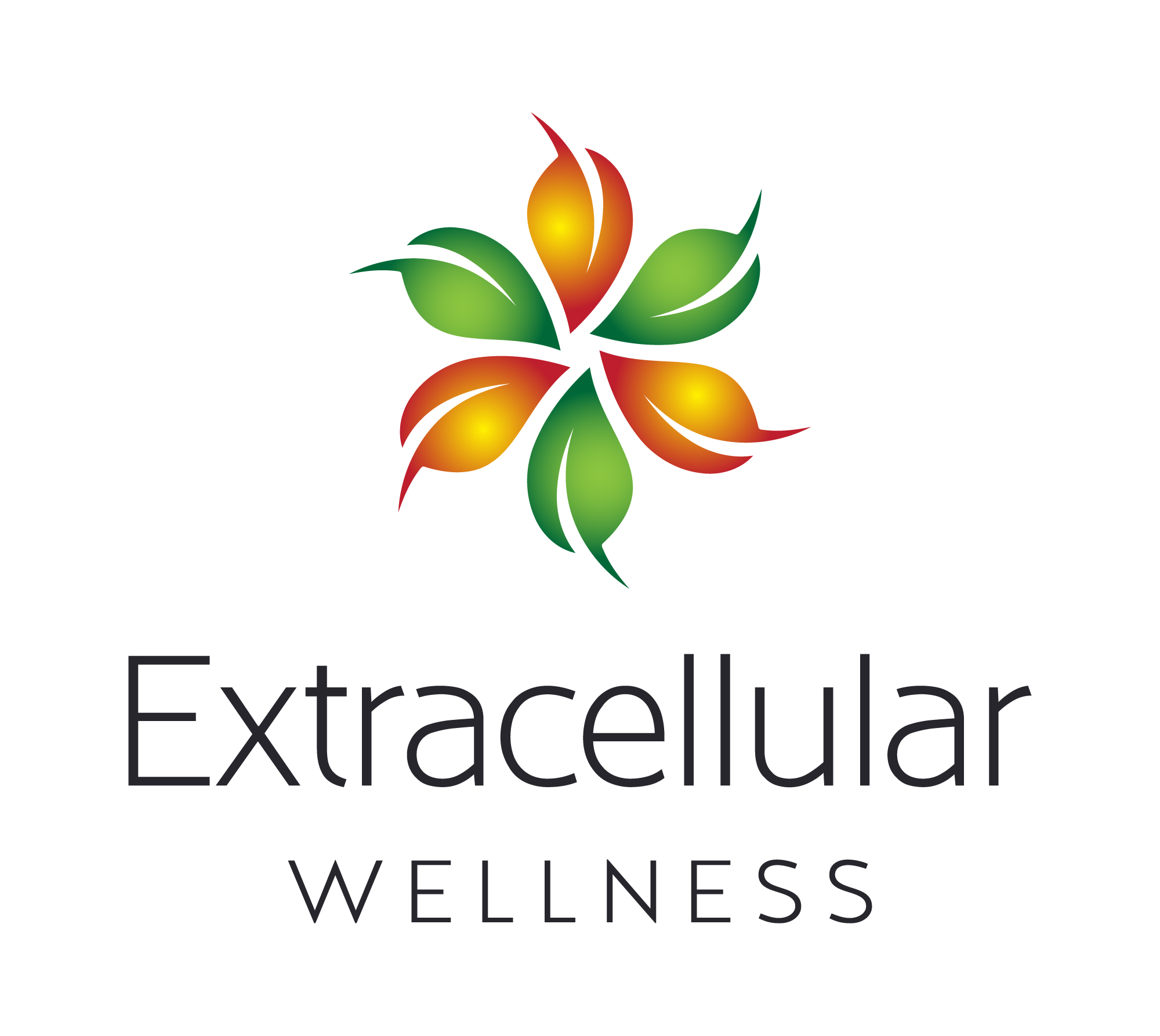Lets talk Menopause!!
There is a lot of information about menopause out there now and some of this may be hard to digest. Here is a small snippet to help offer some food for thought. Please arrange a GP-led menopause consultation with one of our doctors at the Extracellular clinic to explore your symptoms, and diagnosis and help offer more support during your menopause journey.
What is menopause?
On average women will go through natural menopause around the age of 51 years in the UK. This is due to a reduction in the amount of eggs released by the ovaries and the resulting lower levels of hormone levels (oestrogen & progesterone) produced.
Clinically menopause is a cessation of periods for > 12 months. Perimenopause is the stage leading up to this and frequently occurs around mid-forties and lasts on average around 5 years (but can occur much earlier in many women)
Early menopause is when menopause occurs between the ages of 40-45 years and Premature Ovarian Insufficiency (POI) if occurs < 40 years. It is important that you discuss your symptoms with a healthcare professional if you are concerned about early menopause or POI as this could have further implications on your health.
What are the symptoms?
As a result of changes to ovarian function, women may experience a vast array of symptoms due to fluctuating and lower levels of hormones. These may include changes in the menstrual cycle, hot flushes & night sweats, joint aches & pains, mood changes (different from depression), bladder irritability, vaginal dryness and sexual difficulties.
These symptoms may be very mild but can also be very distressing impacting on daily life and not everyone will have the same menopause experience – there is no one size fits all!! Other factors such as socioeconomic status, ethnicity and cultural background may also influence the symptoms experienced during menopause.
Treatment options
HRT is deemed first-line treatment for patients suffering with menopausal symptoms as per NICE Guidance. However, there are several reasons why some women may choose not to use HRT and there are other alternative options to consider.
Women may choose not to take any treatment for their symptoms, some may be deemed unsuitable for HRT because of their medical history (for example previous breast cancer) and others may be worried about the risks of hormone treatment on their health.
Some alternative options include lifestyle measures, non-hormone prescribed medications (antidepressant medications, gabapentin or clonidine), behavioural psychology therapies or alternative therapies including reflexology or acupuncture.
There are many complementary and herbal products available but there is not any robust evidence-based data on the safety or efficacy for their use. The NICE guidelines also recommend that many herbal medicines available over the counter may have mixed ingredients and unpredictable doses and some may have significant drug interactions. If you choose to use herbal products it is suggested that you look for THR logo, standing for traditional herbal medicines, to help ensure these are approved in quality and dosage and discuss this further with a trained pharmacist or herbal specialist.
If you wish to understand more about menopause, explore your symptoms and talk about which treatment options may be best for you, please book an appointment with a doctor at Extracellular for a full individualised menopause plan.
Thanks for Reading our Menopause blog!
If you enjoyed reading this article about Menopause, please check out our other Blogs























































0 Comments